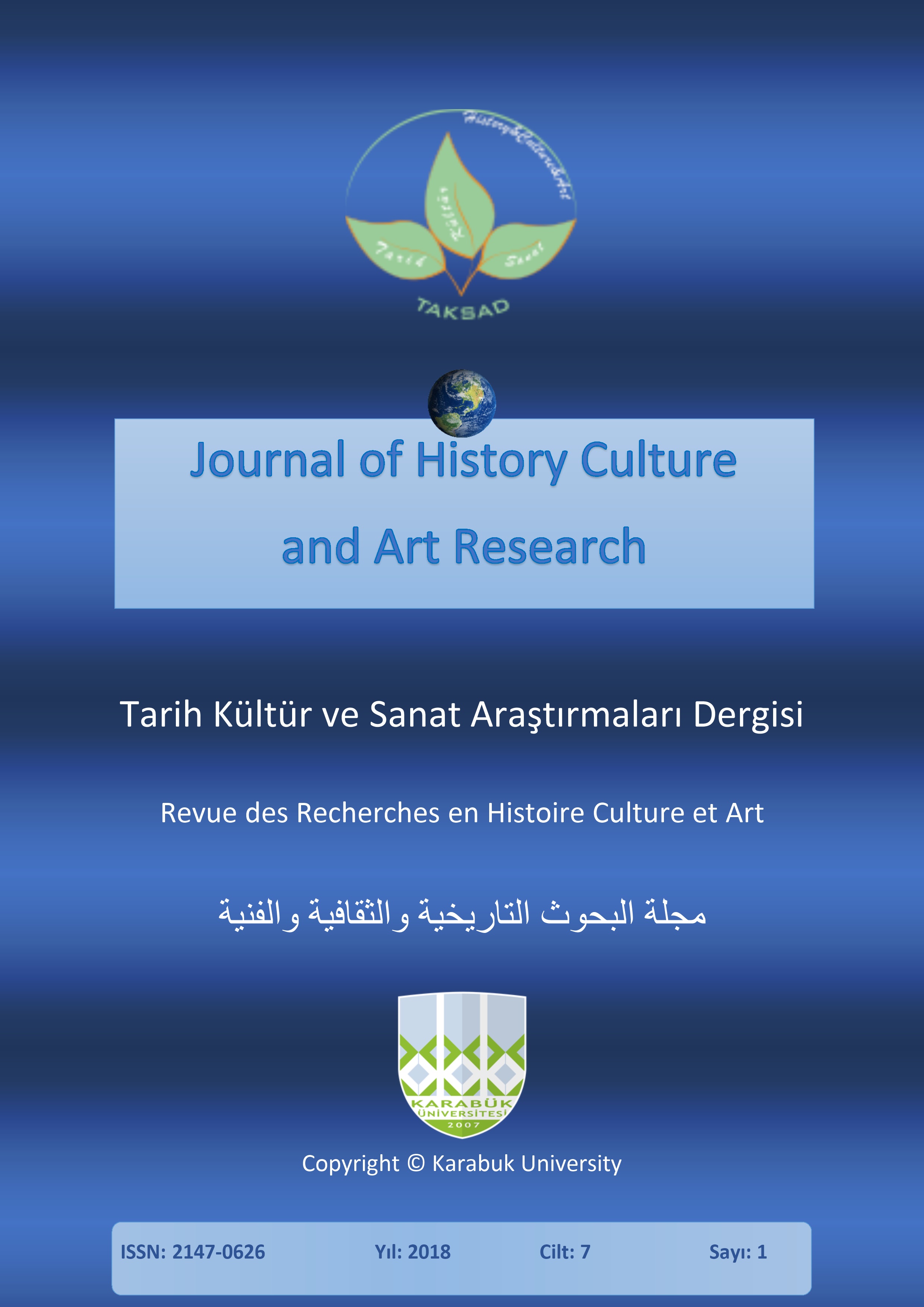Particularities of Participation of Foreign Lecturers in the Educational Process: Foreign Economic Aspects
DOI:
https://doi.org/10.7596/taksad.v7i1.1464Keywords:
Interdependence, Globalization, Philosophy of History, Social development, Economic, Education.Abstract
The development of world integration processes, related to the movement of labor, determines objectively the need for reforming the Russian system of education. In this connection, ensuring the quality of education, that meets the needs of the modernity, is a major strategic challenge of state education policy. That is why universities pay special attention to the formation of faculty members, development of international cooperation of universities and joint participation in the implementation of innovative educational programs, including by involvement foreign lecturers to work in Russian universities and also foreign students. Implementation of innovative education programs in the Russian Federation has contributed significantly to the development of international cooperation of universities and laid the foundation for long-term collaboration with foreign counterparts in educational and research areas. Internationalization of educational systems in developed countries has become an objective need. As a result, cultural contacts have significantly increased between countries. The information exchange started regarding accomplishments in the field of education. To determine the readiness of a scholar for development of an international research project and for the activity in the international scientific consortium is an extremely important issue about the economic feasibility of participation of each candidate. This paper argues government regulations regarding labor of foreign lecturers and payment of their services by a university.
References
Akimova, V. M. (2010). Personal income tax. Commentary (article-by-article) to Chapter 23 of the Tax Code of the Russian Federation. Moscow.
Bobkov, V. & Malikov, N. (2006). Development of education and payment of pedagogical labor. Man and work, 5.
Edwards, N. M. (2009). On the Readiness of a Scientist for International Scientific Cooperation. Higher Education in Russia, 4.
Frolov, N. (2008). Changed wage systems for state employees. Rationing and labor remuneration in industry, 2.
Milyaeva, L. & Leonova, S. (2008). Salaries in state universities. Man and work, 2.
Shapovalova, A. N. (2009) At the beginnings of the international cooperation of teachers. Higher education in Russia, 4.
The Ministry of Finance of the Russian Federation Letter, 26.03.2010, № 03-04-06/51.
Downloads
Published
How to Cite
Issue
Section
License
All papers licensed under Creative Commons 4.0 CC-BY.- Share — copy and redistribute the material in any medium or format
- Adapt — remix, transform, and build upon the material for any purpose, even commercially.
Under the following terms:
Attribution — You must give appropriate credit, provide a link to the license, and indicate if changes were made. You may do so in any reasonable manner, but not in any way that suggests the licensor endorses you or your use.
- No additional restrictions — You may not apply legal terms or technological measures that legally restrict others from doing anything the license permits.







